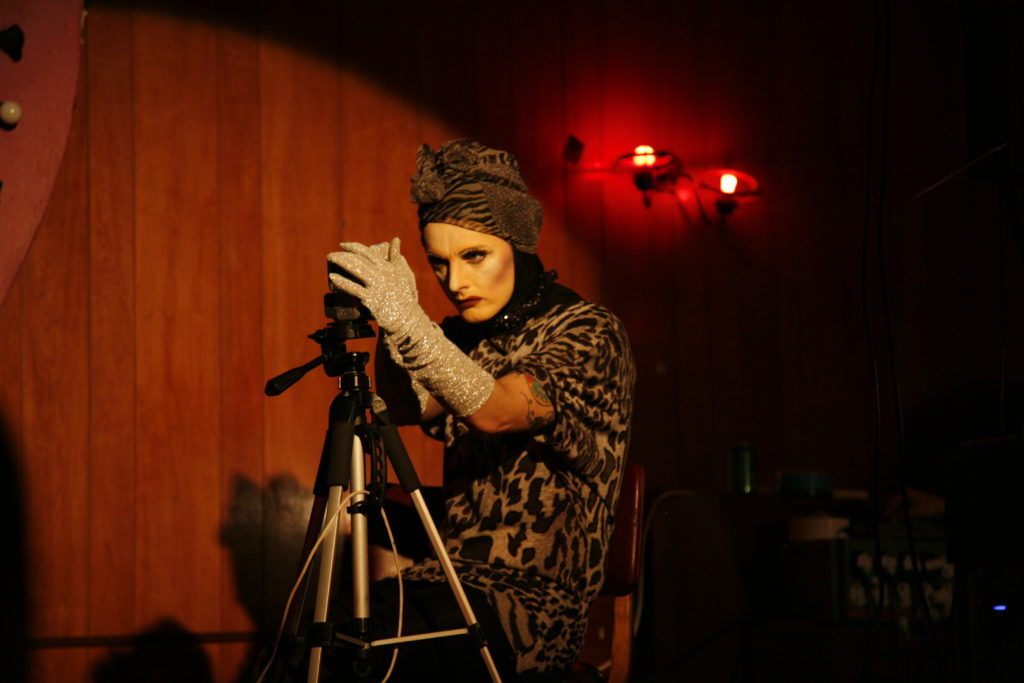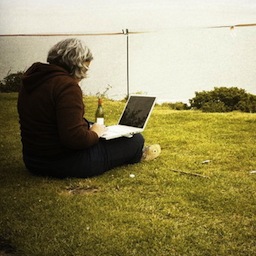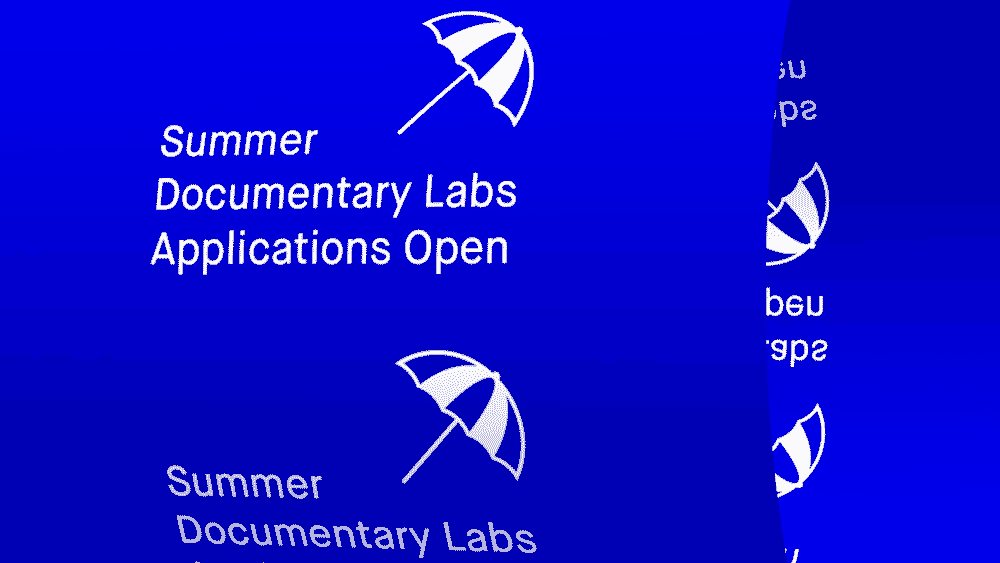As performance navigates the shifting of its institutional position – from practitioners’ self-identification as alternative/radical/revolutionary to blockbuster museum fodder – artists and academics (and artist-academics) are re-evaluating the stories performance tells about itself.
The debate about performance and documentation, which for many years centered on questions of the inherent “liveness” of performance, has recently moved to issues of performance “remains” (Rebecca Schneider) and the particular histories and forms of knowledge that performance can engender.
From Marina Abramovic’s outings at the Museum of Modern Art and the Guggenheim, to groups like the UK-based Performance Re-enactment Society, strategies for the preservation and re-presentation of performance history are being developed, and a host of new challenges and political problems are emerging.
The hugely influential Franklin Furnace archive, for example, has in recent years been the subject of numerous exhibitions and a book published in 2010 (Franklin Furnace and the Spirit of the Avant-Garde: A History of the Future, Toni Sant). Begun as a gallery in founding director Martha Wilson’s Tribeca storefront in 1976, the organisation shifted into a virtual space in 1997, its archives and programs becoming represented primarily online. Its mission is to present and preserve such ephemeral media as artists’ books and multiples, temporary installations, and performance art, and to support the work of artists in the early stages of their careers.
A number of new initiatives have also arisen to creatively produce performance documentation, while thinking critically about what performance documentation can be and do. The new annual publication “Emergency INDEX” documents performances in the words of their creators, in hopes of capturing a state-of-the-field view of contemporary performance. INDEX includes performances of every kind, from any genre, made anywhere in the world for any purpose. INDEX’s sole requirement is that authors explain the purpose of the work, as well as describe the performance itself. An index of shared terms provides another level of documentation and an alternative way to connect geographically or stylistically far-flung works. The inaugural issue of INDEX documents performances from 2011, and is forthcoming in March 2012. INDEX is published by Ugly Duckling Presse as part of the Emergency series, which includes PLAYSCRIPTS (a series of radical performance notation), and ANALYSIS (a forthcoming series of theoretical texts on performance).
It is clear, then, that the document significantly conditions performance’s ability to be local and international, present and mediated, obscure and accessible, politically active and institutionally absorbed. This presentation and round-table event will touch on some of these rich and varied activities currently happening in this field. We will consider the role of photography in performance, from its use as documentation for publicity and funding to its potential as a collaborative element in the production of new work. We will look at some of the institutions and initiatives the produce and disseminate performance documentation. Finally, the event will stage an initial conversation aimed at facing some of the challenges performance and its documents poses.
-Johanna Linsley












